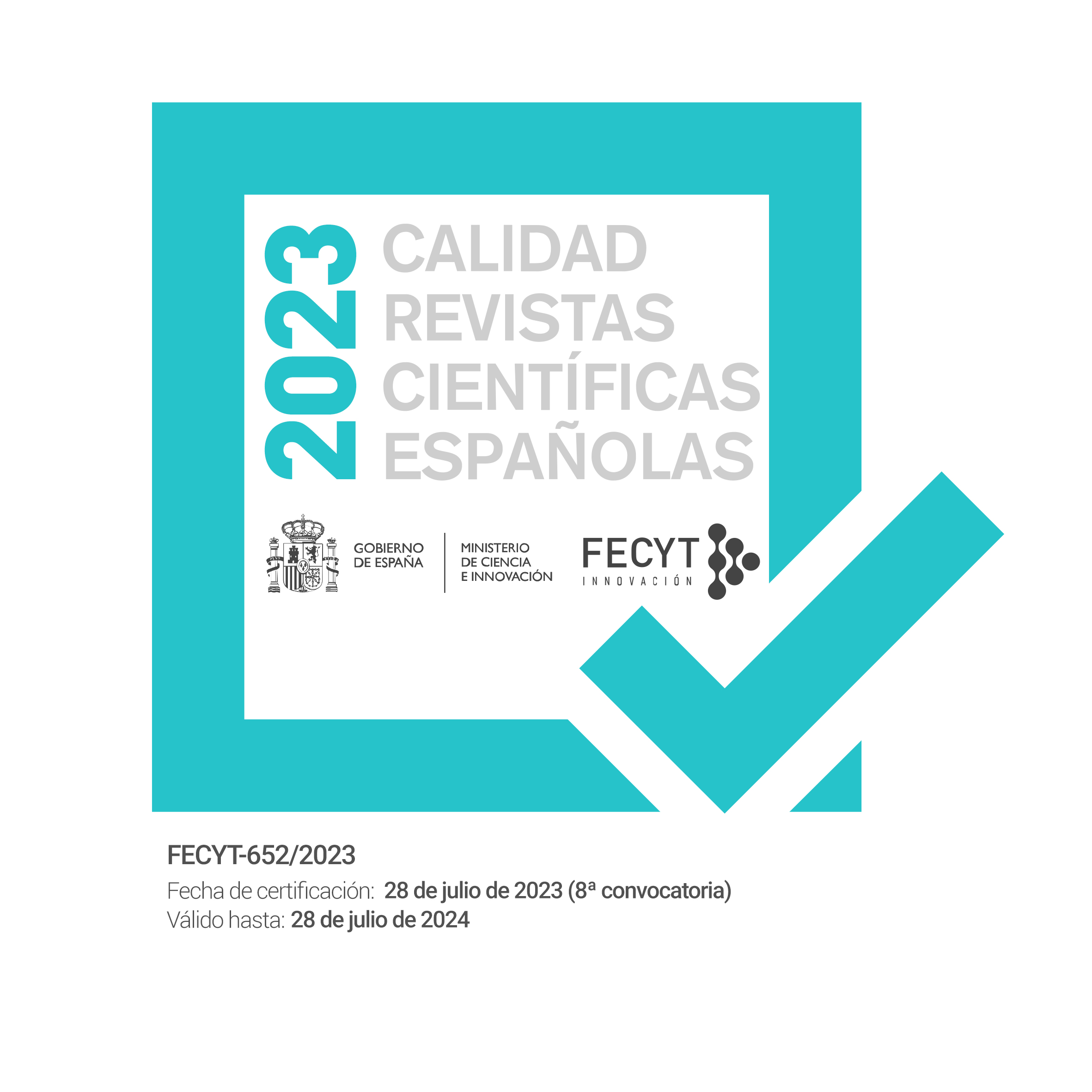Age-related factors in copula choice in steady state L2 Spanish grammars
Keywords:
Critical Period Hypothesis, age factors, copula choice, ultimate attainment, native and near-native speakers, language transfer and language learning setting.Abstract
This study investigates whether different age factors (i.e., age of arrival, number of years of exposure and chronological age) have an effect on ultimate attainment of copula choice in L2 Spanish. A group of 19 native speakers from Spain, 10 native Spanish speakers from 9 different origins, and two groups of 22 near-native speakers of Spanish (i.e., 11 Portuguese and 11 English native speakers respectively) took part in the study. Results from a grammaticality preference task of 28 items show that Portuguese native speakers do not have any advantage over their English counterparts as we predicted. Portuguese shares some properties related to copula choice with the Spanish language, but this is not the case for the English which does not have copula choice at all. Furthermore, our statistical analyses clearly indicate that the linguistic variation found between the native and non-native speakers can not be explained in relation to age factors alone. The present study, however, contributes to the understanding of the Critical Period Hypothesis (Lenneberg 1967), and ultimately to the study of Spanish as L2.Downloads
Published
Issue
Section
License
Copyright (c) 2021 Kimberly L. Geeslin, Pedro Guijarro Fuentes

This work is licensed under a Creative Commons Attribution-NonCommercial 4.0 International License.
Attribution - Non-commercial (CC BY-NC). Under this license the user can copy, distribute and publicly display the work and can create derivative works as long as these new creations acknowledge the authorship of the original work and are not used commercially.
Authors retain the copyright and full publishing rights without restrictions.








